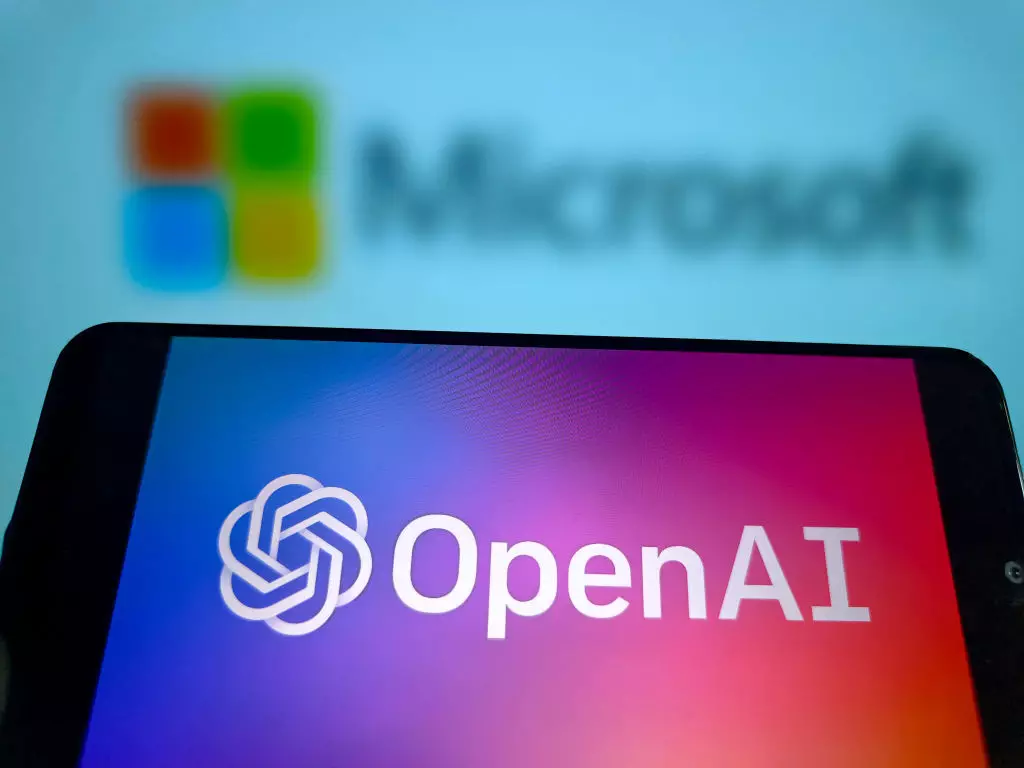Recent discussions surrounding OpenAI’s roadmap have created a buzz within the tech community, particularly following speculative reports about the much-anticipated AI model, code-named Orion. In a firm communication to TechCrunch, OpenAI denied the expectation of releasing Orion this year, shedding light on their strategic direction. The spokesperson clarified, “We don’t have plans to release a model code-named Orion this year,” which stands in stark contrast to claims made by The Verge, which indicated a December launch was imminent.
The discrepancies in reporting underscore the critical nature of accurate information dissemination in the fast-paced world of AI development. OpenAI, a leader in artificial intelligence, is acutely aware of the impacts such speculation can have on stakeholders, investors, and partners. The Verge’s initial report suggested a timeline that included trusted partners like Microsoft gaining early access to Orion, adding pressure on OpenAI to clarify its position. While OpenAI’s statement dismissed the accuracy of these claims, it did leave the door ajar for future developments, showcasing the company’s strategic ambiguity.
OpenAI’s pivot away from Orion highlights a broader strategy of developing a diverse range of AI models. The continuation of the “GPT” series, alongside reasoning models like o1, signifies the company’s aim to address multiple use cases and to refine AI capabilities. Such a dual approach could pave the way for enhanced functionalities across various applications, blending creativity with logical reasoning. This integration is perhaps a response to the diverse demands of their user base, which requires both expansive generative capabilities and precise reasoned outputs.
The implications of OpenAI’s announcement ripple through the AI landscape. By choosing to forgo the release of Orion this year, OpenAI is signaling a commitment to quality over rapid deployment. This restraint may reinforce trust among users and partners who are seeking reliability from AI technologies. Furthermore, it may prevent the pitfalls of releasing models that could be rushed to market, ensuring that when new technologies are unveiled, they meet the high standards expected of OpenAI’s offerings.
As the AI sector continues to evolve, all eyes will undoubtedly remain on OpenAI to see what innovative technologies they will unveil next. While the ambiguity surrounding Orion’s potential release remains, the assurance that other “great technology” is on the horizon suggests that OpenAI is still progressing toward remarkable advancements. The landscape of artificial intelligence is dynamic, and while Orion may not debut this year, the possibilities for groundbreaking projects remain vast. As speculation persists, the industry anticipates a significant announcement that could redefine user interaction with AI technologies, regardless of whether Orion is part of that equation.

